Hussar captain, academician, writer, theatre intendant, member of parliament, railway company leader, party chairman and vice-chairman of the Budapest Public Works Council. These were perhaps the most important positions of Baron Frigyes Podmaniczky.
During his long life - he was born in 1824 and died in 1907 - he carried out many activities and held countless positions. His youth was spent according to the customs of Hungarian magnates during the Reformation, he studied law, also abroad, participated in the work of the 1847-1848 Diet in Pozsony [Bratislava], and then in the 1848 Pest parliament as one of the youngest members of the House of the Magnates, he held the office of notary, during the war of independence he served in the army and during the ceasefire he was a hussar captain.
He was then drafted into the Imperial Army as a private. After nearly a year, he was "liberated" and then worked in literature, edited a magazine, wrote novels, and was active in the Lutheran Church. He was a popular novelist of the time, which is why he was elected a corresponding member of the Hungarian Academy of Sciences in 1859.
He came out of retirement in 1861, and from then on he was a member of parliament (for a record time, until 1906). Although he came from a noble family, he was not rich. According to his diary, he was forced to rent out one of the rooms in his three-room apartment, and thus managed to make a modest living from the representative's honorarium. Therefore, he was forced to take a job. On the recommendation of Kálmán Tisza, he became the personnel manager of the Northeastern Railway.
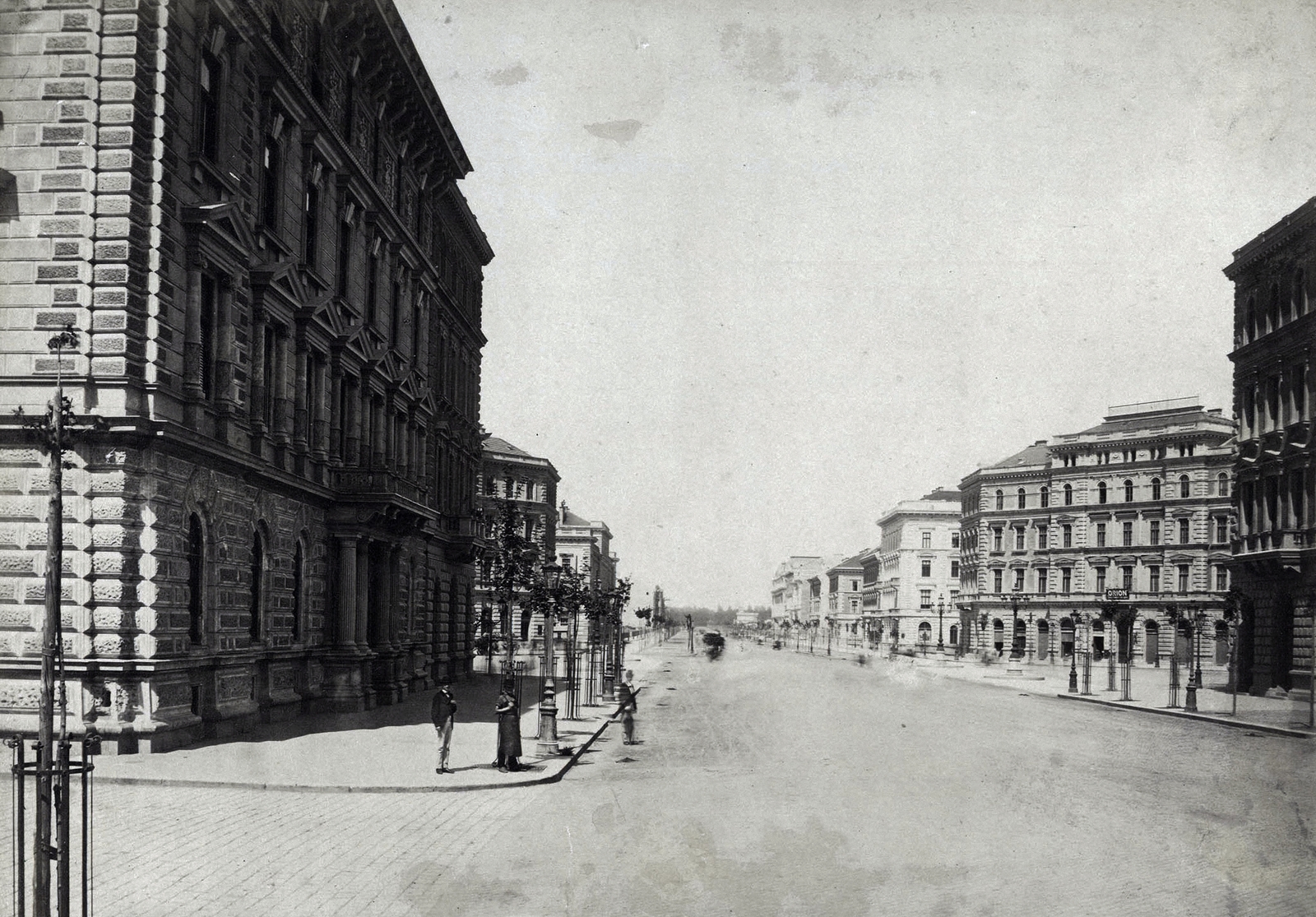
The Public Works Council supervised major construction projects, and one of his major projects was the development of the Sugárút (Photo: Fortepan/Budapest Archives, Reference No.: HU.BFL.XV.19.d.1.05.106)
Meanwhile, the country was preparing for a big change, the creation of a unified Budapest. The emerging Budapest occupied a special place in the country, because everyone wanted to develop it, but in a different way. The two cities, Pest and Buda, had their own, sometimes conflicting, interests, and on the other hand, the government also had a firm intention of how to develop Budapest into a capital city equal to Vienna.
This is precisely why a body between the government and the capital's municipality, the Budapest Public Works Council, was created on the model of London's Metropolitan Board of Works, which supervised large investments of national importance. This Public Works Council was the driving force behind the construction of Outer Ring Road, Sugárút, and the implementation of Budapest's development plans, so it had great importance. Podmaniczky became a member of this council in 1871, then he was appointed vice-chairman of the organisation in 1873 and held this position until 1905. Since the chairman of the Public Works Council was the current prime minister, the position of vice-chairman essentially meant the number one leader. Podmaniczky summarised his activities here in his work entitled Naplótöredékek [Diary Fragments] as follows:
"Therefore, I was able to live not only during the creation of Article 10 of 1870, but my fate allowed me to work actively and with full dedication around its execution and implementation as well. Having fulfilled my old vow and fulfilling one of the greatest desires of my life, I gave you such a bright reward that a disabled human being could never have dared to hope for from fate. Thoughts like these run through my mind every time I look at the development of Budapest with joy."
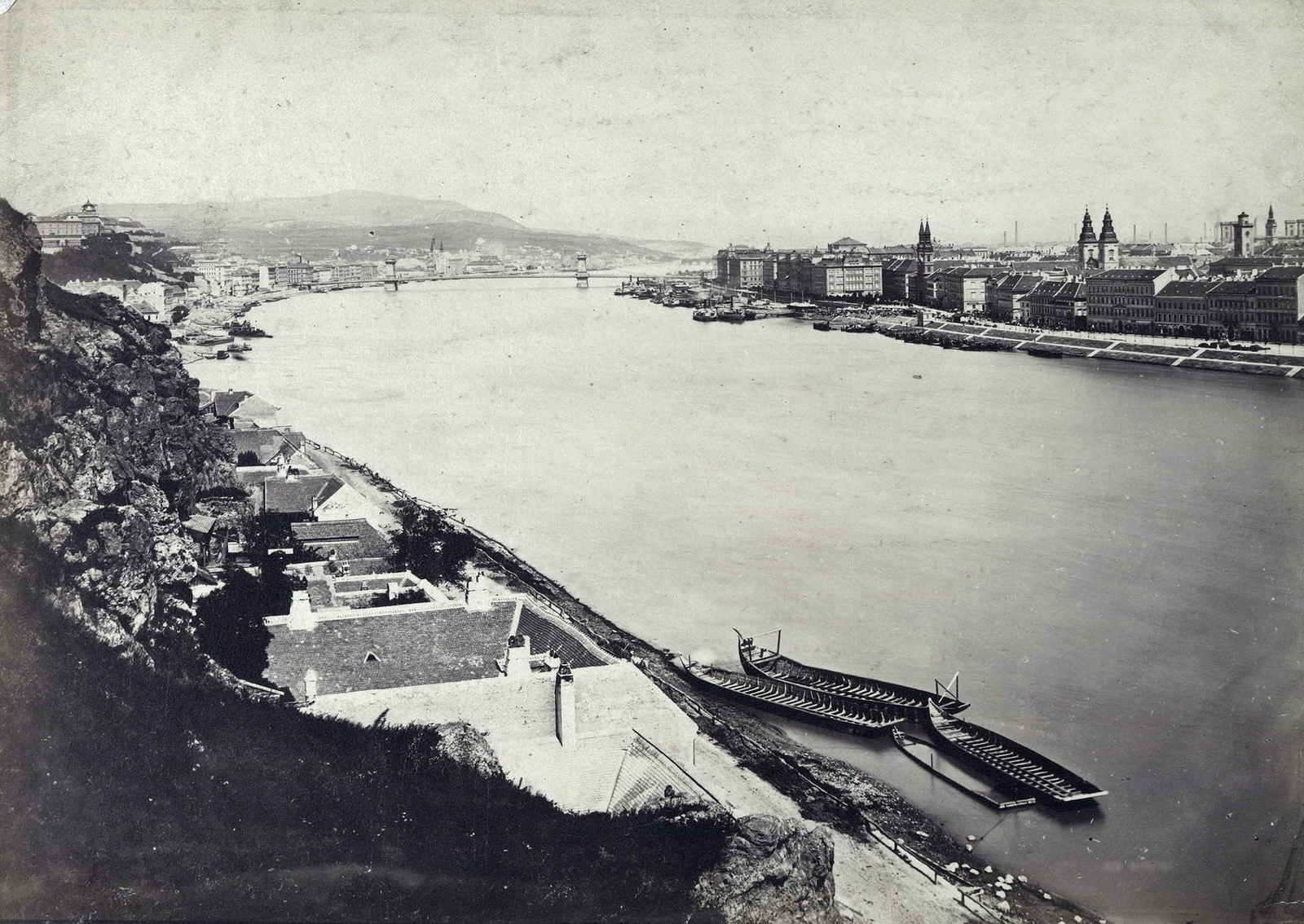
The embankments, sewerage and the organisation of the city are all the merit of the Public Works Council and within it, Frigyes Podmaniczky (Photo: Fortepan, Budapest Archives, Reference No.: HU.BFL.XV.19.d.1.05.055)
Act No. 10 of 1870 created the financial basis for the development of the capital, and the said vow referred to the fact that the baron vowed to dedicate all his strength to the development of Budapest. In the following decades, the Outer Ring Road and the Sugárút were built, the sewerage of the city and the construction of the embankments began - which also protects the city from floods to this day - new city districts grew out of the ground, which required the conciliatory and compromising work of Podmaniczky as well.
The Vasárnapi Ujság wrote about his activity in its issue of 28 September 1884:
"As the vice-chairman of the capital's Public Works Council, he serves public affairs excellently with his manner of reconciling conflicting interests and his efforts to improve the capital. What is the first-ranking factor in the external organisation of a capital city, the organisation of numbering, street and square names, is largely his merit. It can be attributed to his zeal that the general regulatory plan of the capital was removed from the paper and put into practice. He most recently facilitated the opening of the Outer Ring Road, for which the public had been waiting for so long. He ordered the addition of the castle garden in such a way that it would benefit the public as well. And he is the one who never ceases to urge the capital to start work on a large water pipeline and sewer system, which is so extremely important for the health of the population."
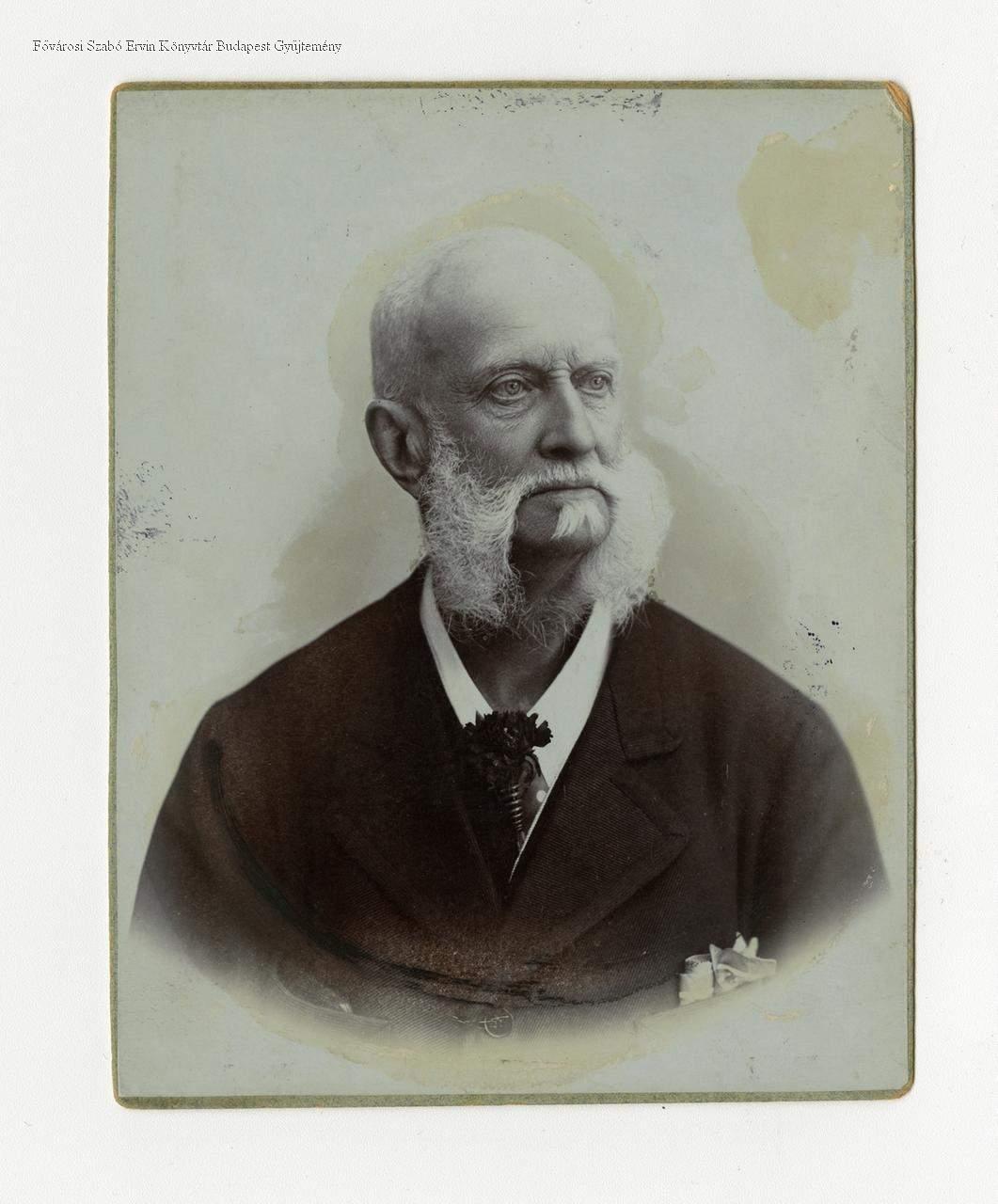
Portrait of Frigyes Báró Podmaniczky (Photo: FSZEK Budapest Collection)
In addition, he also took on a big task, he was the intendant of the National Theatre between 1875 and 1886, and he played a huge role in the separation of the People's Theatre and the independent Opera House from the National Theatre. He was involved in the practical separation – i.e., the distribution of the sets – as well as in the definition of the repertoires.
.jpg)
The National Theatre also enjoyed its heyday during the time of Frigyes Podmaniczky (Photo: Fortepan/Budapest Archives, Reference No.: HU.BFL.XV.19.d.1.05.083)
Frigyes Podmaniczky was a striking phenomenon, his tall, thin figure regularly appeared on the streets of Budapest, and he was easily recognisable by his checkered [pepita in Hungarian] overcoat, hence his nickname "Baron Pepita". He was perhaps the most popular person in Budapest, even though he was a decisive player both in the development of the city and in artistic life. He devoted all his energy to his tasks, he never married, he had no family, only Budapest, which is why he was called the groom of Budapest. In addition, and he had many other duties, from 1889 he was the president of the Liberal Party [Szabadelvű Párt] and the president of the Adria Insurance Company. When the baron died on 20 October 1907, Vasárnapi Ujság said goodbye to him as follows:
"Under him, the National Theatre became a real art institution with the help of the great Paulay. In general, he performed all his duties faithfully to the point of naivety. And he did not shrink from any burden that was placed on his shoulders. And they placed a lot on it even after that. Where only a clean hand was needed — «leave it to Podmaniczky», where it was necessary to work with strained strength: «perhaps Podmaniczky would take it on». He became the president of "Adriád" (this was his job as a breadwinner) and held the presidency of the Liberal Party. He was a member of the House of Representatives without interruption and he led the elections from 1875 until Bánffy. But he did not have any ambitions, he just tolerated it out of duty, at the end, they put so much work on him that he could not even keep track of his duties"
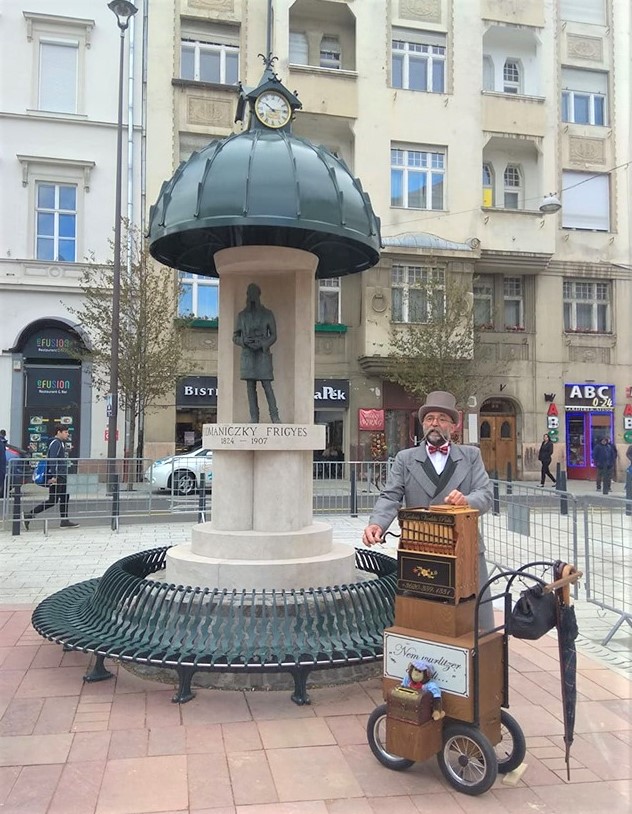
The statue of the square's namesake, Baron Frigyes Podmaniczky (Photo: pestbuda.hu)
Yet, posterity has somewhat forgotten him. The statue, created by Pál Kő, was erected in 1991 at the Arany János Street metro station, on Podmaniczky Frigyes Square in the 5th District.
Cover photo: Budapest would have been completely different without Frigyes Podmaniczky (Photo: FSZEK Budapest Collection)

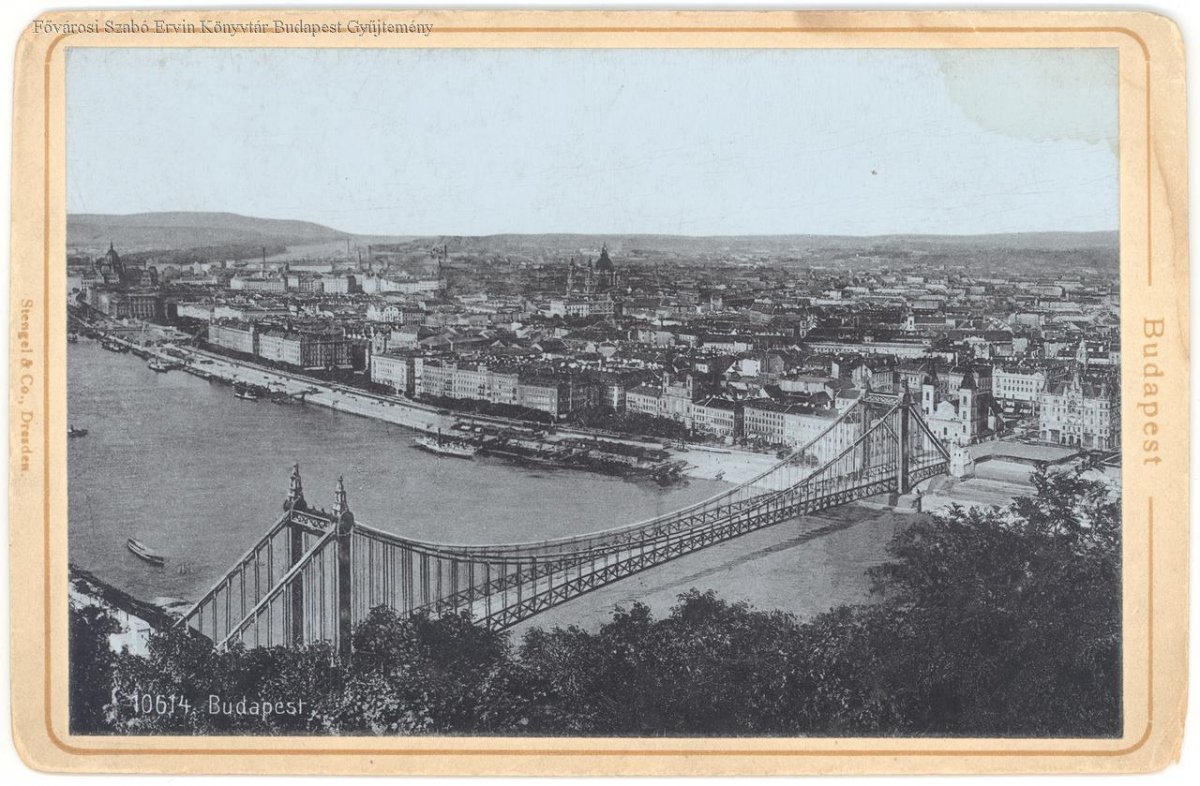
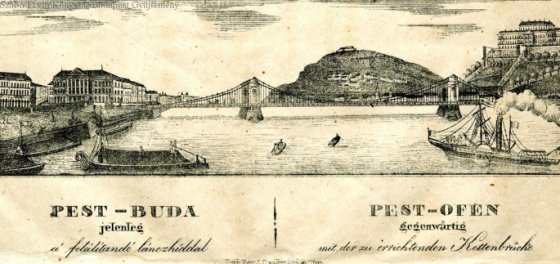
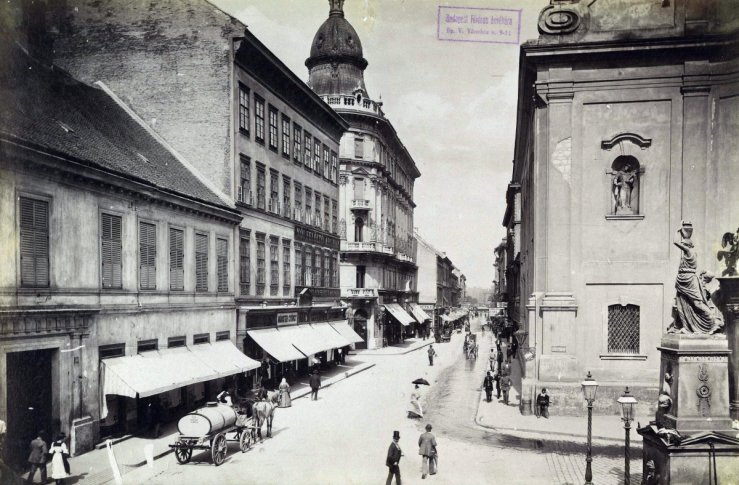
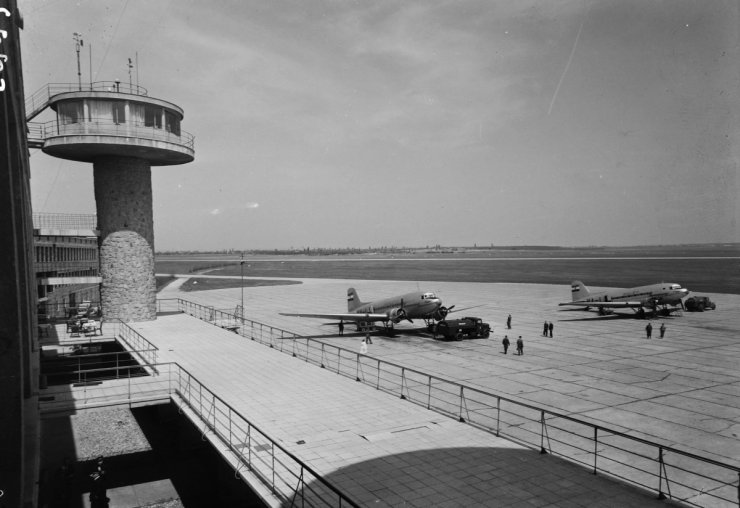
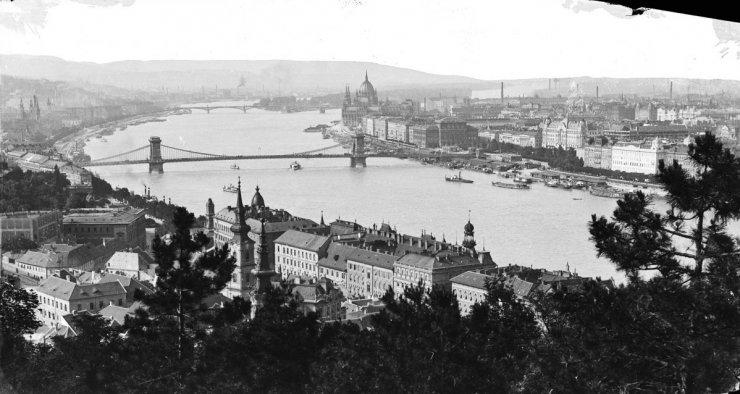
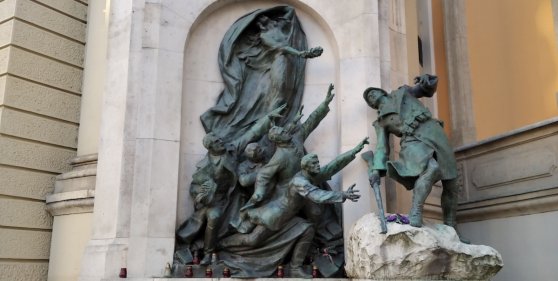
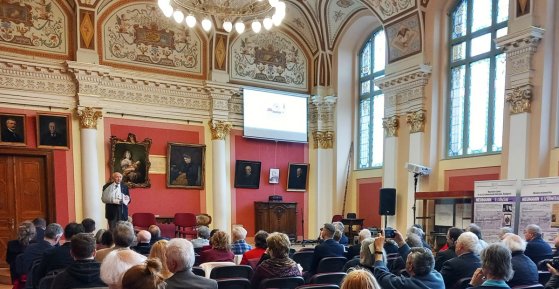
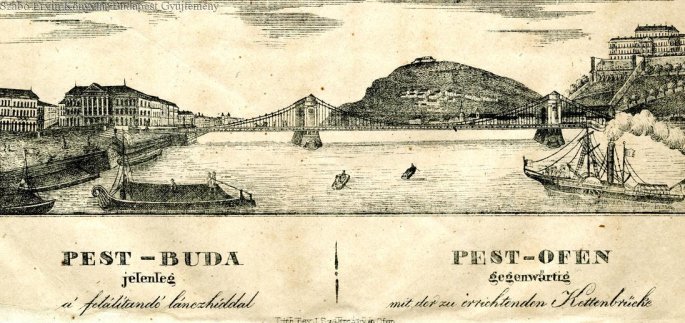
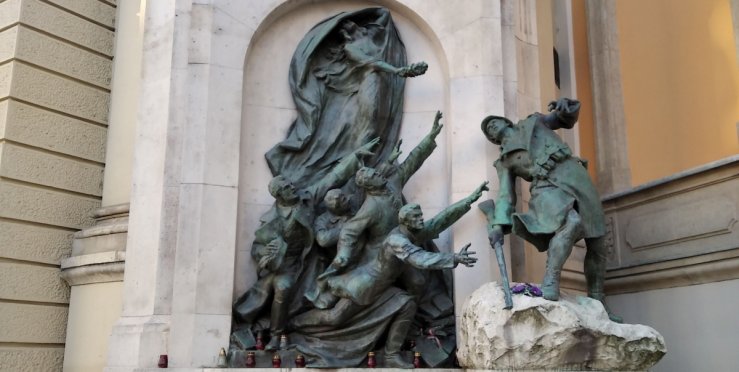
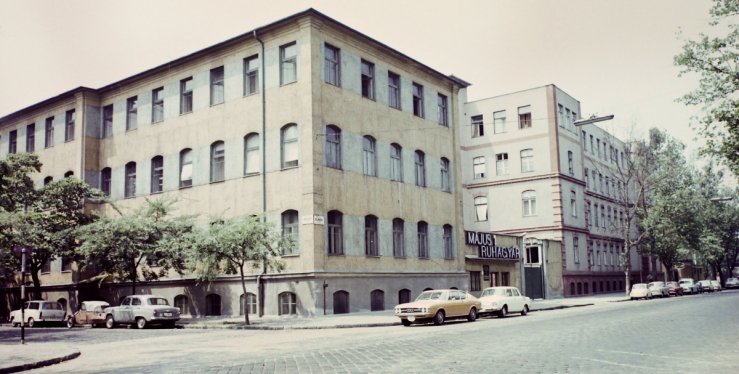
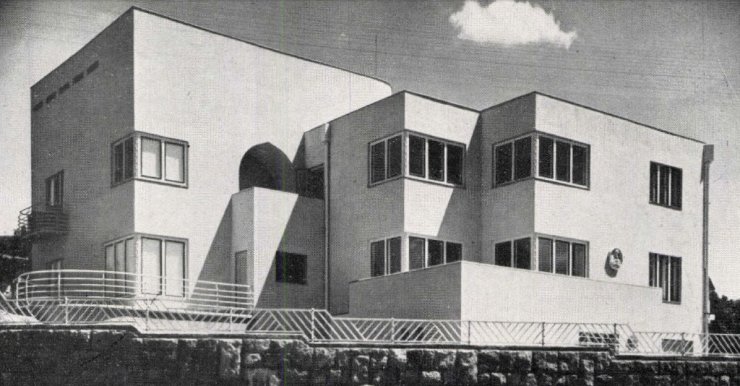
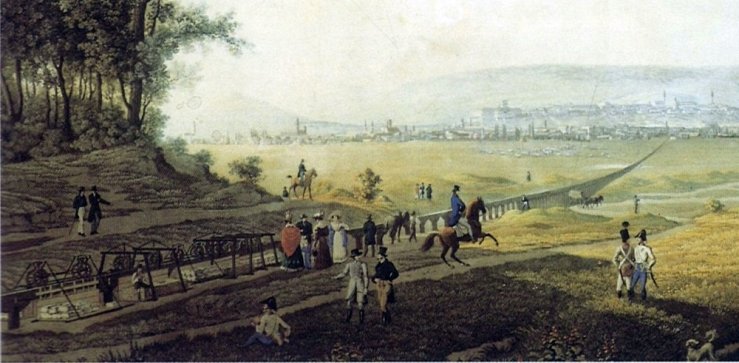
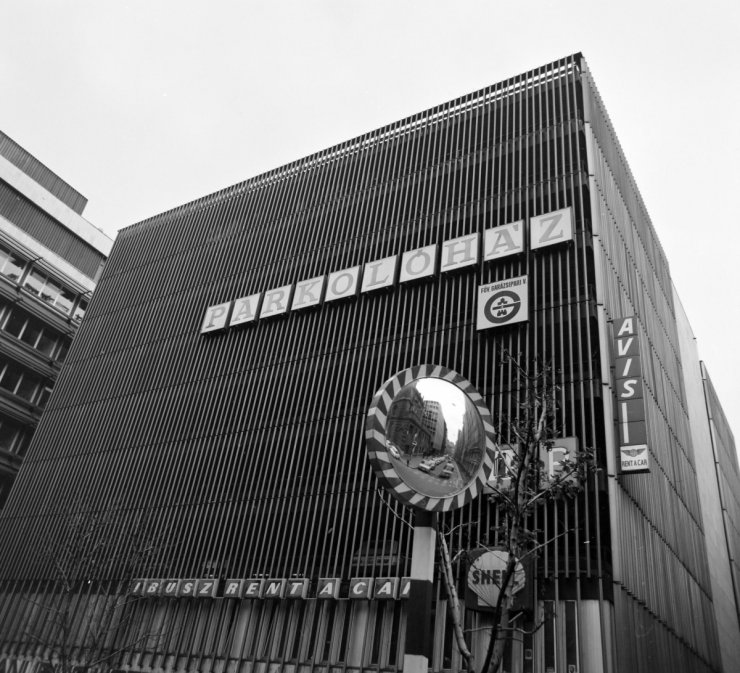
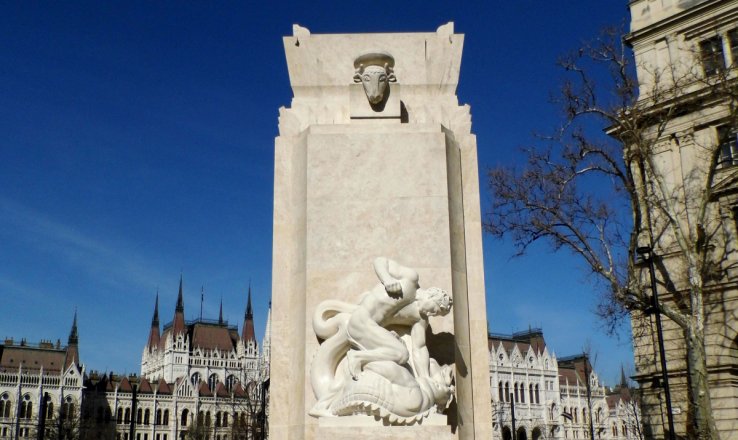
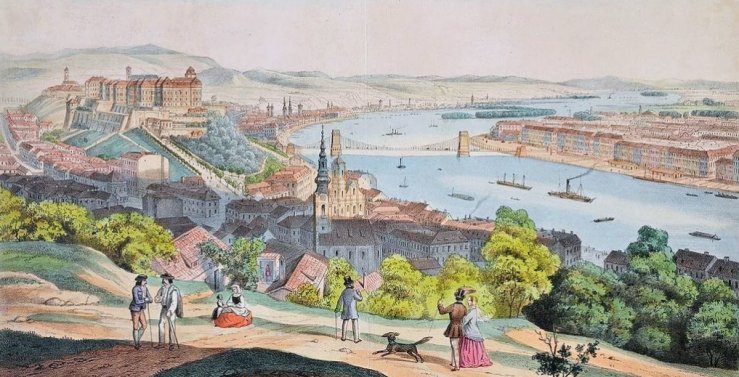
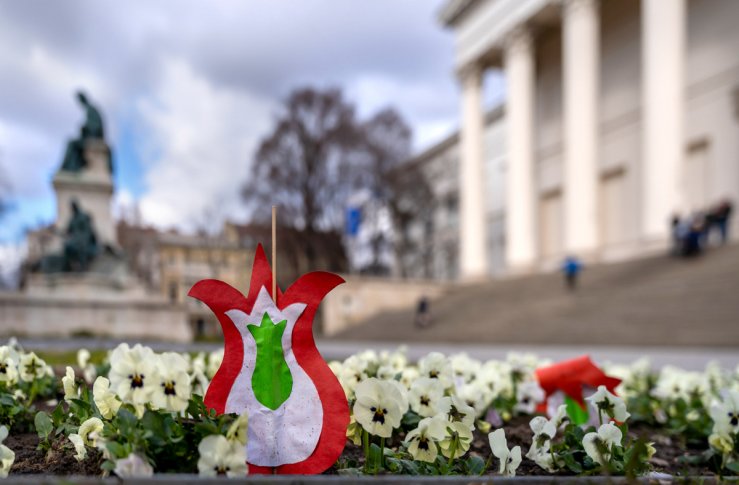
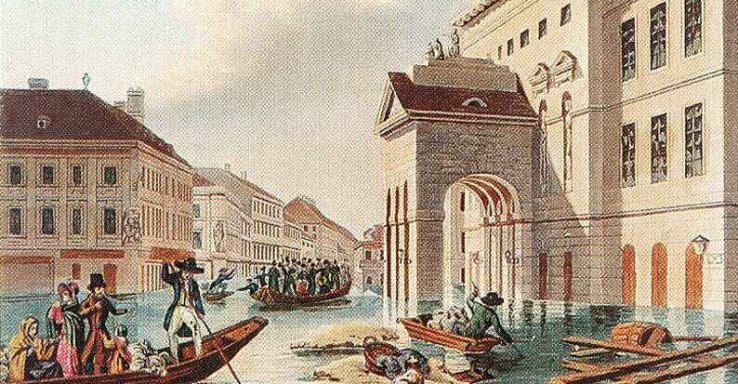
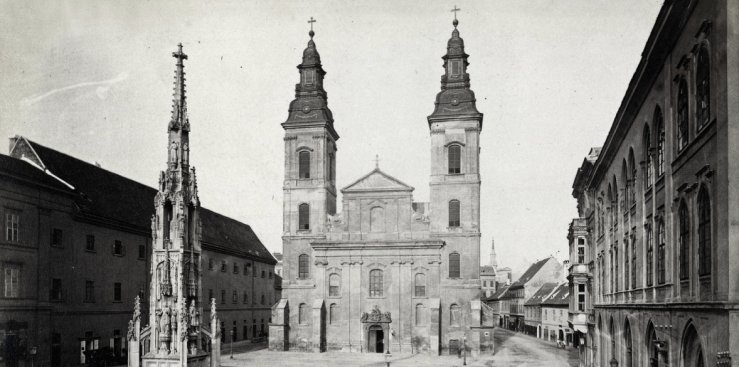
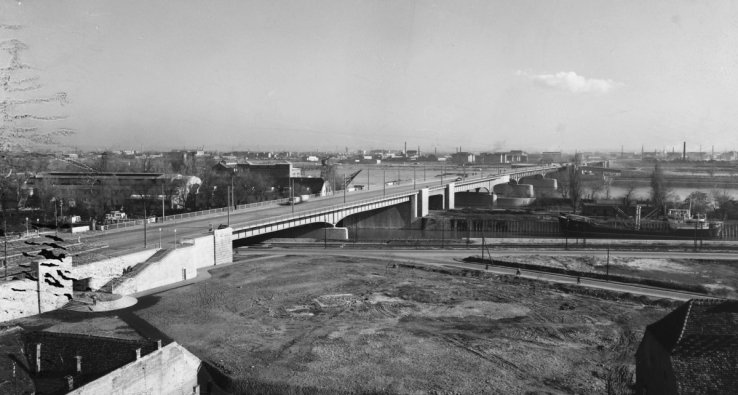
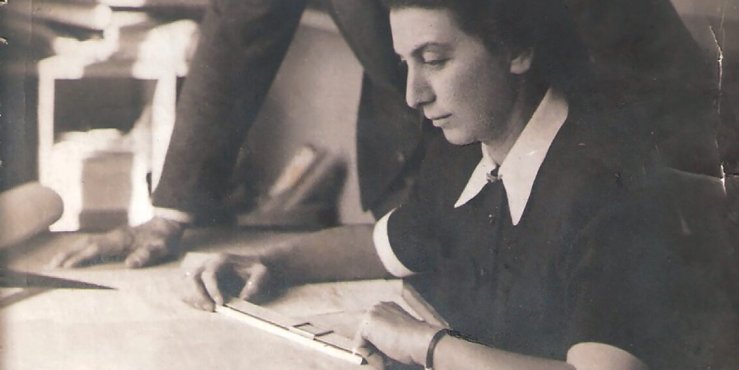
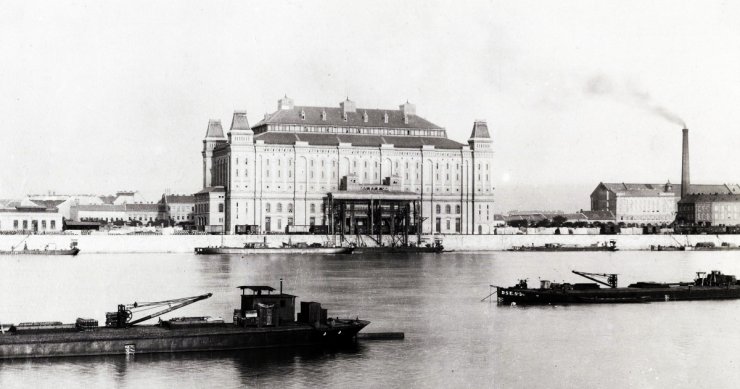
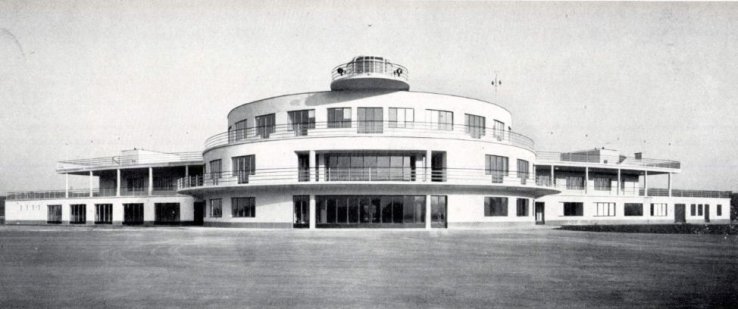
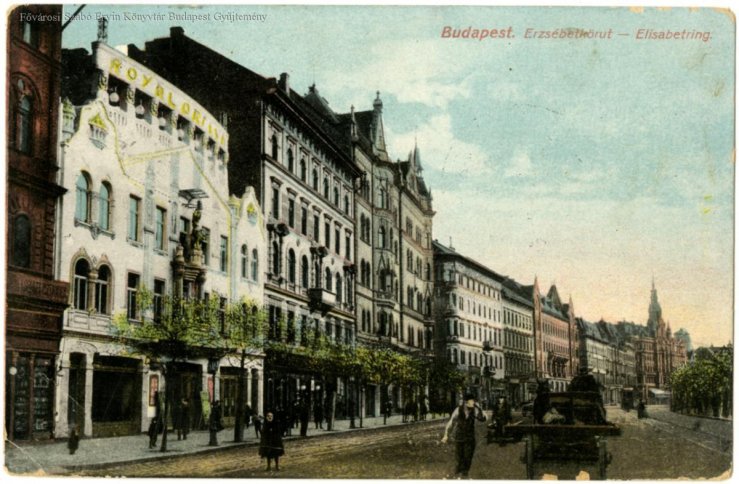
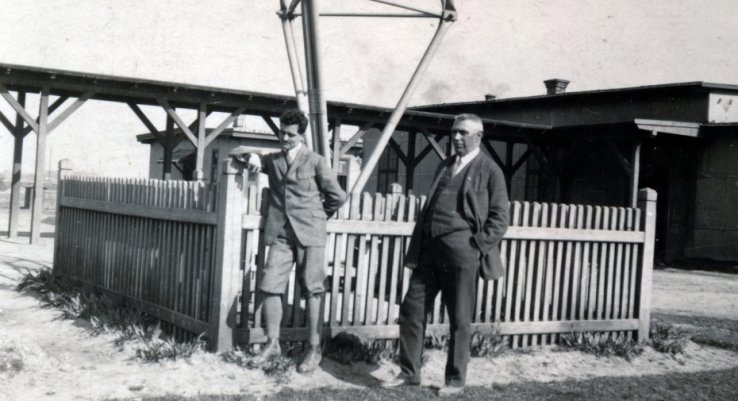
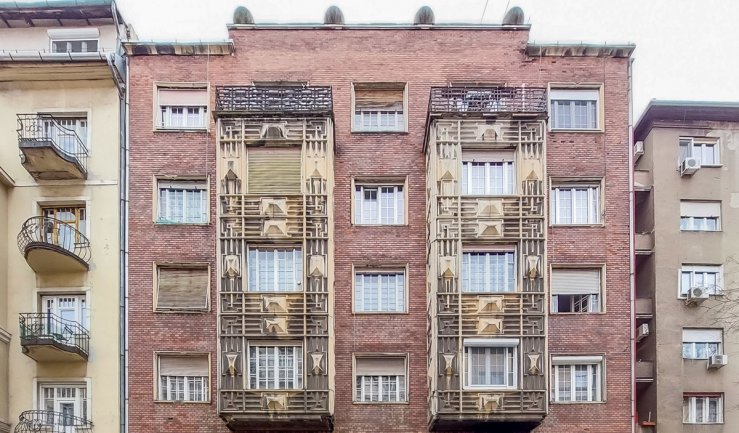
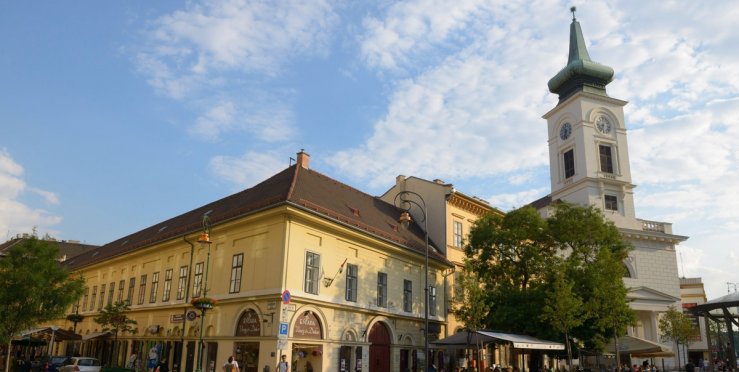
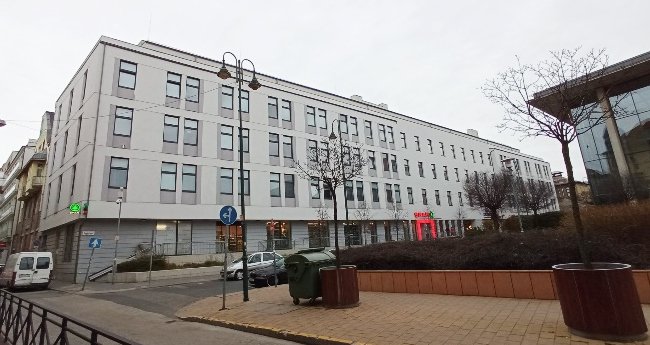
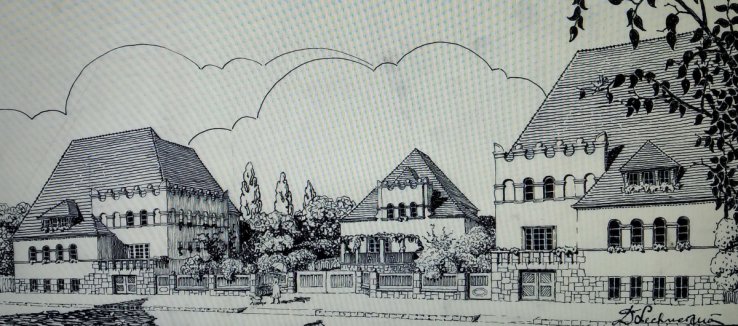
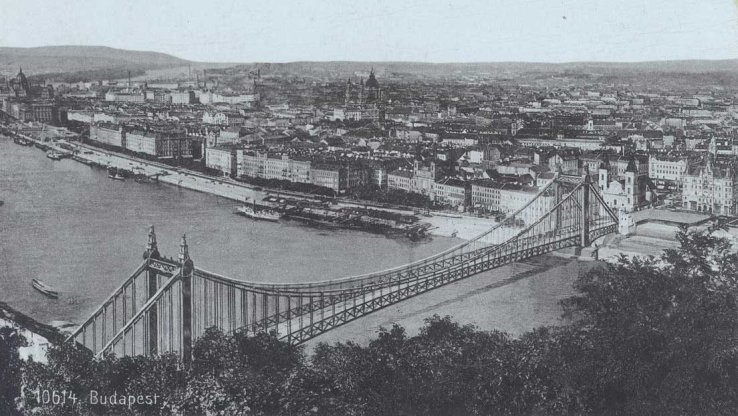
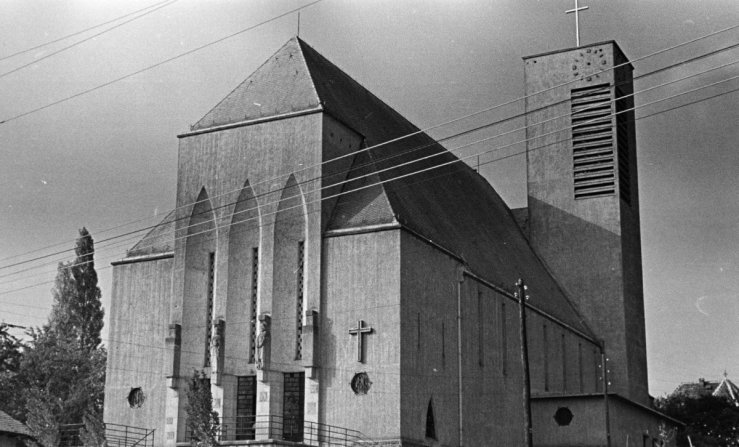
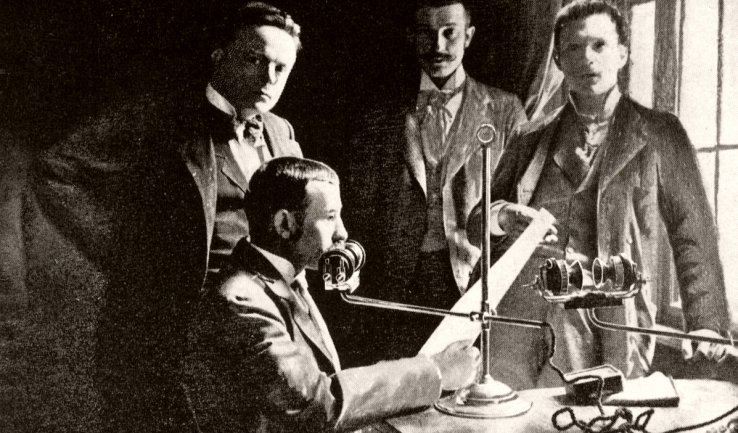

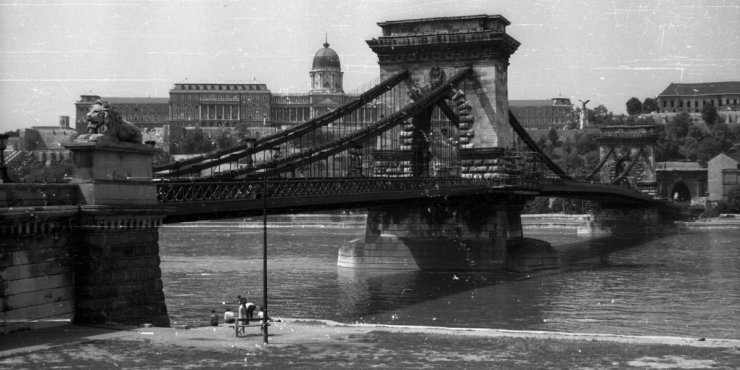
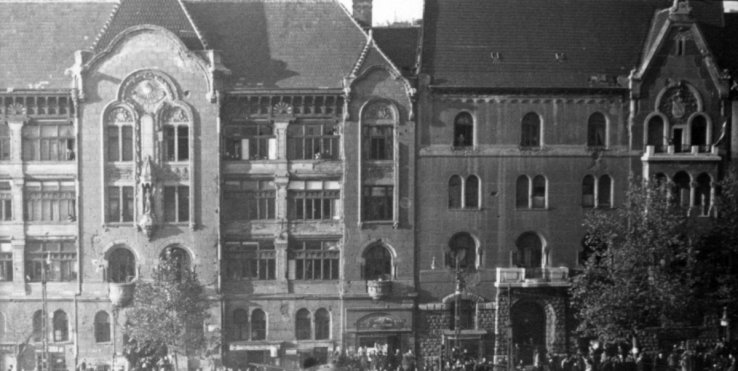
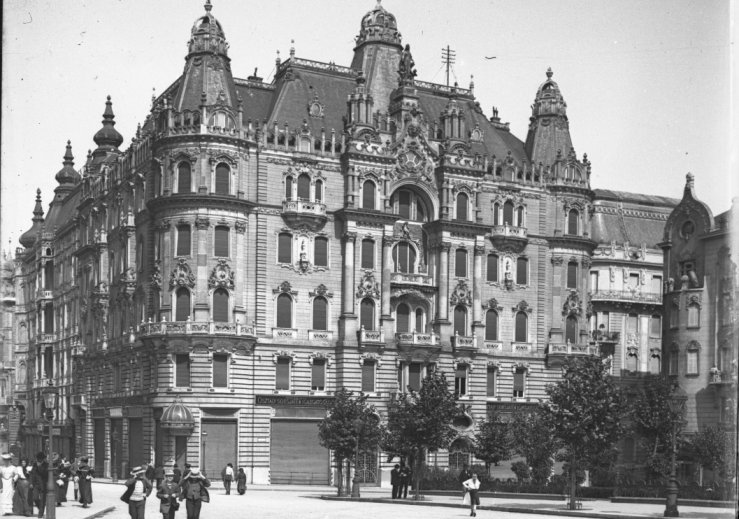
Hozzászólások
Log in or register to comment!
Login Registration